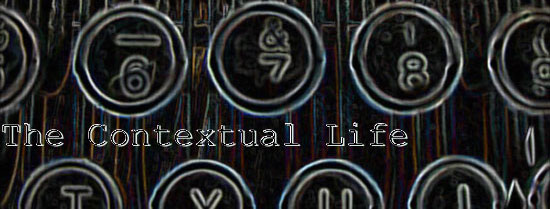“Every generation gets to decide its own relationship with the universe.
And whether I liked it or not, this was my generation.”
Although the city in ZAZEN is never named as an actual location in the U.S., it’s hard not to image it taking place in Portland, Oregon—the home of debut author Vanessa Veselka. To anyone who came of age in the 90s, raised on a steady diet of Pacific Northwest grunge music and punk rock ethos, the anti-authoritarian characters who spout disdain for corporatism, the grey veneer that covers like a rain cloud, and the dark humor peppered throughout epitomizes the movement and our notions of this sacred place.
Post-grunge protagonist, Della Mylinek, having just completed her doctorate in paleontology has moved in with her brother and his pregnant wife, knowing she’ll need to leave as soon as the twins are born. Instead of making use of her degree, she joins the ambivalent waitstaff of Rise Up Singing, a predominantly vegan restaurant complete with multicultural murals praising diversity while the surrounding neighborhood gentrifies; it’s a quintessential brunch spot that will feel familiar to many urban and suburban punks and hippies—as will its employees who offer comic relief by way of its snark and flippancy. They grab tofu out of large bins with their gloveless, dirty hands, refuse to turn on the neon “Open” sign in fear of encouraging patrons, and bury poisoned rats in the backyard, marking the graves with Popsicle stick crosses.
The core of the story, however, stems from Della’s haunting memories of violence: the bombing of a school that took place while she was a college student. It’s derailed her, left her anxious and damaged, and ironically it’s propelled her to become an unwitting catalyst for domestic terrorism.
Early in the novel, wanting others to know “what it’s like to be fucking scared all the time and caught in the center of some big horrible thing you have no control over” she calls in a fake bomb threat to a sports bar adjacent to where she’s standing. “I don’t even know where the idea came from,” she says. “When the bartender answered I told him they were all going to die in multiple explosions during the fourth quarter. Then I went and looked through the windows to see what would happen, but nothing did. They were pink and bored.”
Then the bombs start: a shadow group takes Della’s innocuous lead and makes it real. Residents of the city plan their exit to other countries, Canada becomes popular, and travel agencies run promotional deals to cash in on the exodus. Della is torn between staying and going—the ultimate outcome difficult for the reader to discern.
ZAZEN has been called apocalyptic and dystopic but what I found striking was just how timely it felt.
I hate to evoke 9-11 and as a rule I stay away from all fiction that uses it as a jumping off point. To make clear, this is not one of those books but something about our lives after that September event makes this story about bomb threats and increased security eerily realistic. As with our own lives, the violence in ZAZEN hums below the surface, entwining itself in the psyches of the main characters but not quite disrupting the flow of their routine.
In fact, one of Vaselka’s many strengths is her subtlety, which plays out most vividly in Della’s stream of consciousness: “Numbers ran across the bottom of the screen and I couldn’t tell if it was the Dow rising or the death toll or the temperature. I started thinking maybe I’d gone a little further out on the wire than I’d meant to and that it was time to inch my way back.”
ZAZEN’s audience is clearly those who have questioned their own place on that wire. This connection is what makes Della likable and her inner dialogue reflective of one’s own thoughts. She’s living in a world much like our own, one that blurs the extraordinary and the mundane in a barrage of sensationalized headlines and creates a culture of sarcasm and cynicism that threatens our toe-hold on reality.
This is why the cover image captures the heart of the story so beautifully: the grey sky with only utility wires sweeping across the bottom left-hand corner. The groundless image couldn’t have been a more perfect representation of Della’s own uncertainty, and ultimately our own.
With ZAZEN, Vaselka has created a poignant, piercing book that, like its title, will leave you in quiet contemplation long after the last page.
::[Links]::
Vanessa Veselka’s website
ZAZEN on Red Lemonade (publisher)
 Gantzky admires Portland from afar and has fond memories of her visit to the city years ago. Living in Brooklyn and working in Manhattan, she pushes books on people for a living–whether they like it or not. When she doesn’t have her nose in a book, Gantzky can be seen wandering the streets listening to a variety of podcasts and taking pictures of wacky things that cross her path.
Gantzky admires Portland from afar and has fond memories of her visit to the city years ago. Living in Brooklyn and working in Manhattan, she pushes books on people for a living–whether they like it or not. When she doesn’t have her nose in a book, Gantzky can be seen wandering the streets listening to a variety of podcasts and taking pictures of wacky things that cross her path.
You can follow Gantzky on Twitter @contextual_life and check out her daily picks at www.thecontextuallife.com. If you’d like to send feedback or nerd out about books, Gantzky can be contacted at [email protected].


